Celebrating 1700 Years of Investing as Mission
Council of Nicaea 325. Fresco in Salone Sistino, Vatican,
Artists: Giovanni Guerra (1544-1618), Cesare Nebbia (1534-1614) e aiuti
Public domain, via Wikimedia Commons
Is it more spiritual to give to a church than to invest in business? Is it more “holy” to be a pastor than a business person? Is God really concerned about physical and economic needs? These are questions reflecting the centuries-old ingrained sacred-secular divide. It is a mental paradigm, which has practical implications.
But this divide is based on heresies, which the Church dealt with a long time ago, at the Council of Nicaea. This pivotal event took place 1700 years ago, in 325 AD. It was a major milestone in dealing with two extremes, which played the spiritual and the physical against each other.
Docetism emerged in the early days of the church and it was a belief that spiritualized Jesus, denying his physical incarnation, that the Word became flesh and dwelled among us. Arianism, on the other hand, made Jesus a lesser god, and like Docetism found it hard to reconcile that Jesus was fully divine and fully human. This was linked to Gnosticism which categorized the physical arena as not good or a lesser good, and the spiritual realm as better and more worthy of pursuit.
To settle these issues, a few hundred church leaders met at the Council of Nicaea. They rejected both these extremes, and the sacred - secular divide. The Council confirmed the teachings of Scripture and the Church, that Jesus was both fully divine and fully human. Not an either or, or more or less of either aspect.
Thus, we can celebrate 1700 years of a well-established teaching: it is not more spiritual to be a pastor than an investor. And it has even deeper roots: to work and be creative, also in business, is both deeply divine and deeply human. It goes back to Genesis chapter 1, and relates to who God is, and who we are created in his image.
The concepts of business as mission, or investing with a godly mission, has a firm foundation in the Nicene Creed, which was adopted 1700 years ago.
This means we mustn’t be proud and think that we have come up with something new or groundbreaking. But it also means that we stand on holy and firm ground, when we pursue earthly investments with a heavenly vision.
If Arianism had prevailed, Christianity would be like Islam or Jehovah Witnesses, which deny the divinity of Christ. If aspects of Gnosticism had won, Christianity may have been a small esoteric sect for a self-appointed elite, who would be disengaged from the needs of the world. But they lost.
Thus, on the basis of Scripture, the Nicene Creed and other creeds that followed, countless of Christians on all continents have engaged in preaching and healing, helping the poor, starting universities, engaging in science, and sending missionaries across the globe. Day by day, year after year – for centuries. We are also a part of this great legacy, which includes starting and developing businesses as well as deploying financial, social and intellectual capital to that end.
We must be deeply rooted in our Judeo-Christian tradition, and the Nicene Creed, which is embraced by all major churches around the world. At the same time, we still need to fight and dismantle the sacred-secular divide idea whenever and wherever it pops up.
So, congrats everyone! We celebrate the 1700 years since the Nicene Creed, and thus we can, with confidence and joy, serve God and people with our investments.
Happy anniversary!
Mats Tunehag

